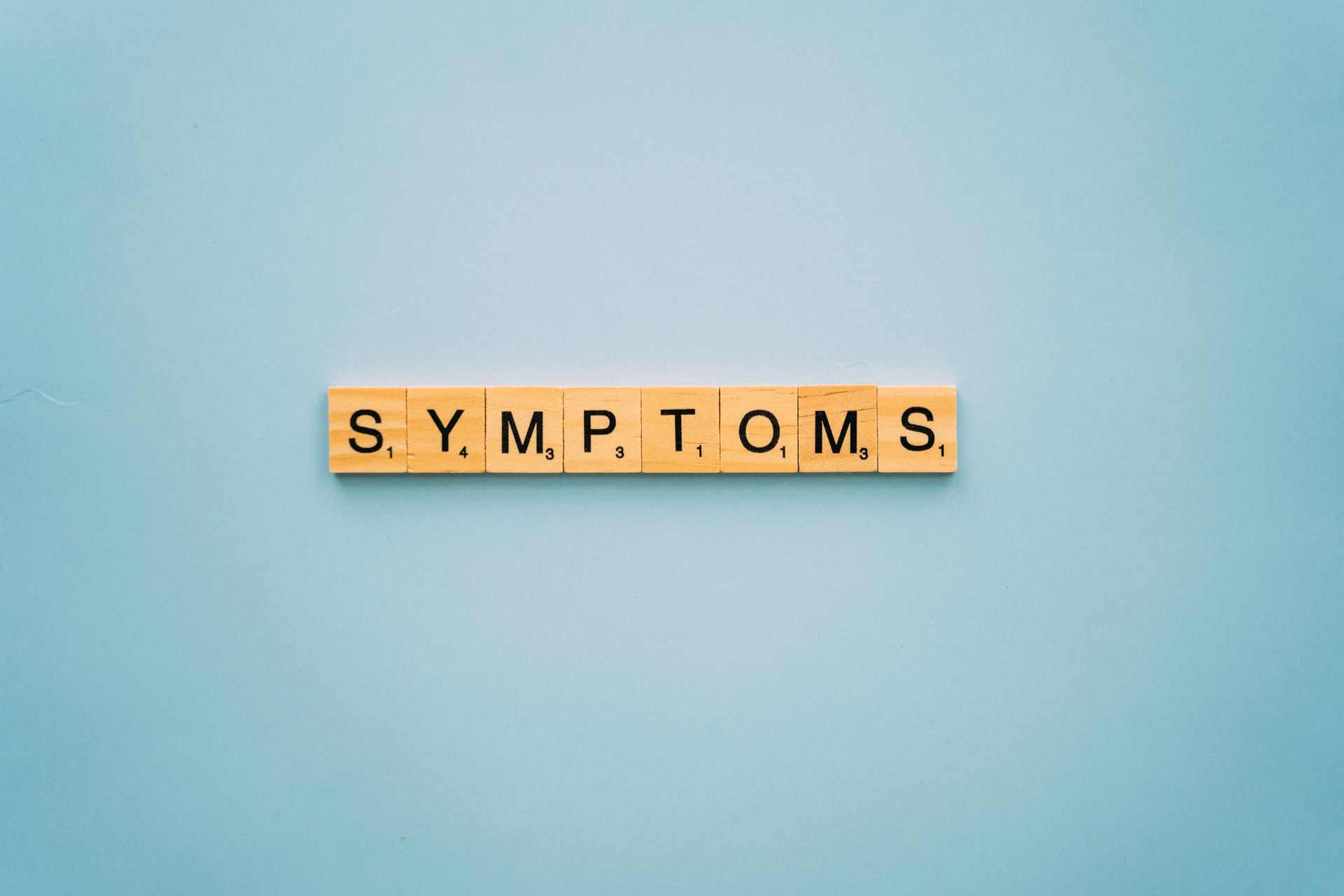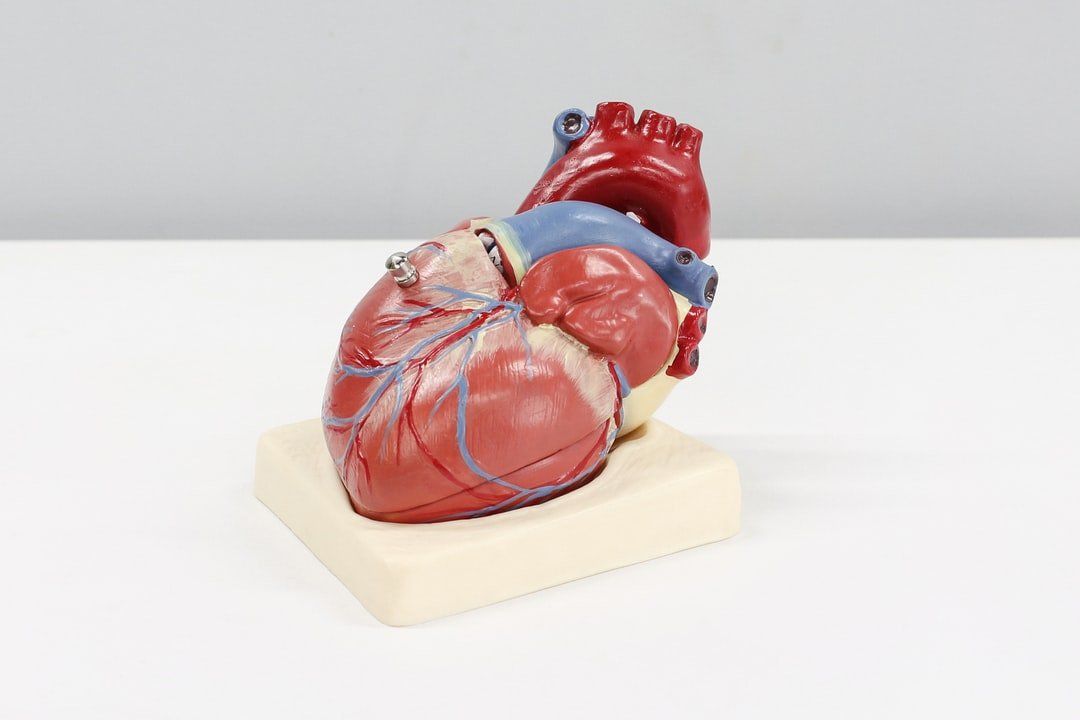Protecting Yourself During Golf Season
Originally posted and written by the Alberta College and Association of Chiropractors
Golfing season is upon us. With the weather heating up, some of us will be dusting off our clubs and refocusing on our short games.
As frustrating as the game of golf can be, it can be even more frustrating to develop a painful injury as a result of hitting the links.
What are the most common injuries golfers suffer?
Golfers elbow
– Golfers elbow causes significant discomfort in the elbow region of the arm. The pain centers on the bony bump on the inside of your elbow and can radiate into your forearm. While the injury can be caused by things other than golf, for golfers, it’s commonly caused by switching between a variety of grips and stances or gripping your club too tightly.
Lower back pain
– Lower back pain is the most common back injury for those who golf frequently. The perfect golf swing is what all those who hit the links strive for, but even the perfect fundamental swing can wreak havoc on your lower back if you’re an avid golfer. Bending and other loose movement during the downswing can cause lower back pain.
Wrist pain
– Hitting the ground first before making contact with the ball or simply taking a lot of swings in a limited amount of time can put a lot of strain on the wrist and cause injury.
Shoulder pain
– It’s common for golfers not named Tiger Woods or Annika Sörenstam to swing incorrectly. Many golfers use their arms too much when they swing. This causes irritation of your AC joint and of the lead (or front) shoulder.
How do I prevent golfing injuries?
Proper Swing Mechanics
– You use your entire body to swing a golf club. Even on a regular 18-hole round, you’re swinging your clubs, on average, almost 100 times. If you don’t have the proper swing mechanics, that can take its toll on your body. The following swing corrections can help you avoid injury:
Use proper posture
- Stand with your feet shoulder-width apart and rotated slightly outward, and with your knees slightly bent. Avoid hunching over the ball, which may contribute to neck and back strain.
Transfer energy through your body smoothly
- The power of a golf swing comes from force transferred smoothly through all the muscle groups. If most of the power is coming from one place, i.e. your back, wrists, shoulders, you are going to prone to injury.
Don’t over-swing
– Many golfers, especially new ones, tend to think the harder they swing the further the ball will go. Swinging the club with maximum strength can cause a lot of stress on your joints. The best golfers have consistent, not necessarily the fastest, swing tempos.
Stretching
– It may sound cliché, but a good stretch can do wonders in preventing injuries. Never go straight into any kind of physical activity without preforming some type of dynamic stretching first. If you need a good program, try StraightenUpAlberta.com.
Take it slow
– For beginner golfers, start out slow. You might start out thinking that taking hundreds of swings at your local driving range is helping your game. But if your body isn't conditioned for the strain, repetitively practicing your golf swing may do more harm than good. Work up slowly to your desired level of activity.
Lift and carry your clubs carefully
– The way you carry your bag can have a profound impact on your back and shoulders. (Yes, even if you prefer to travel by golf cart.) Sudden movements when you lift heavy clubs out of the trunk of your car and onto cart could result in you injuring yourself before you even tee off. Use proper lifting technique when lifting and carrying your clubs, which means keeping your back straight and using your legs to lift.
How can chiropractic help with injuries I got while golfing?
As mentioned before, a golf swing engages your entire body. This means there are several ways a chiropractor can offer help to injured golfers. These methods, both preventative and post-injury, include:
- spinal adjustments
- rehabilitation exercises
- anti-inflammatory nutrition
If you’re serious about adopting golf as a hobby, talk to your chiropractor before you start bombing balls down the fairway. Together you will be able to identify areas of weakness and ensure your swing will not aggravate these areas.




Newsletter Sign-up
You have signed up for Dr. Quinn's monthly newsletter!
Please try again later.






